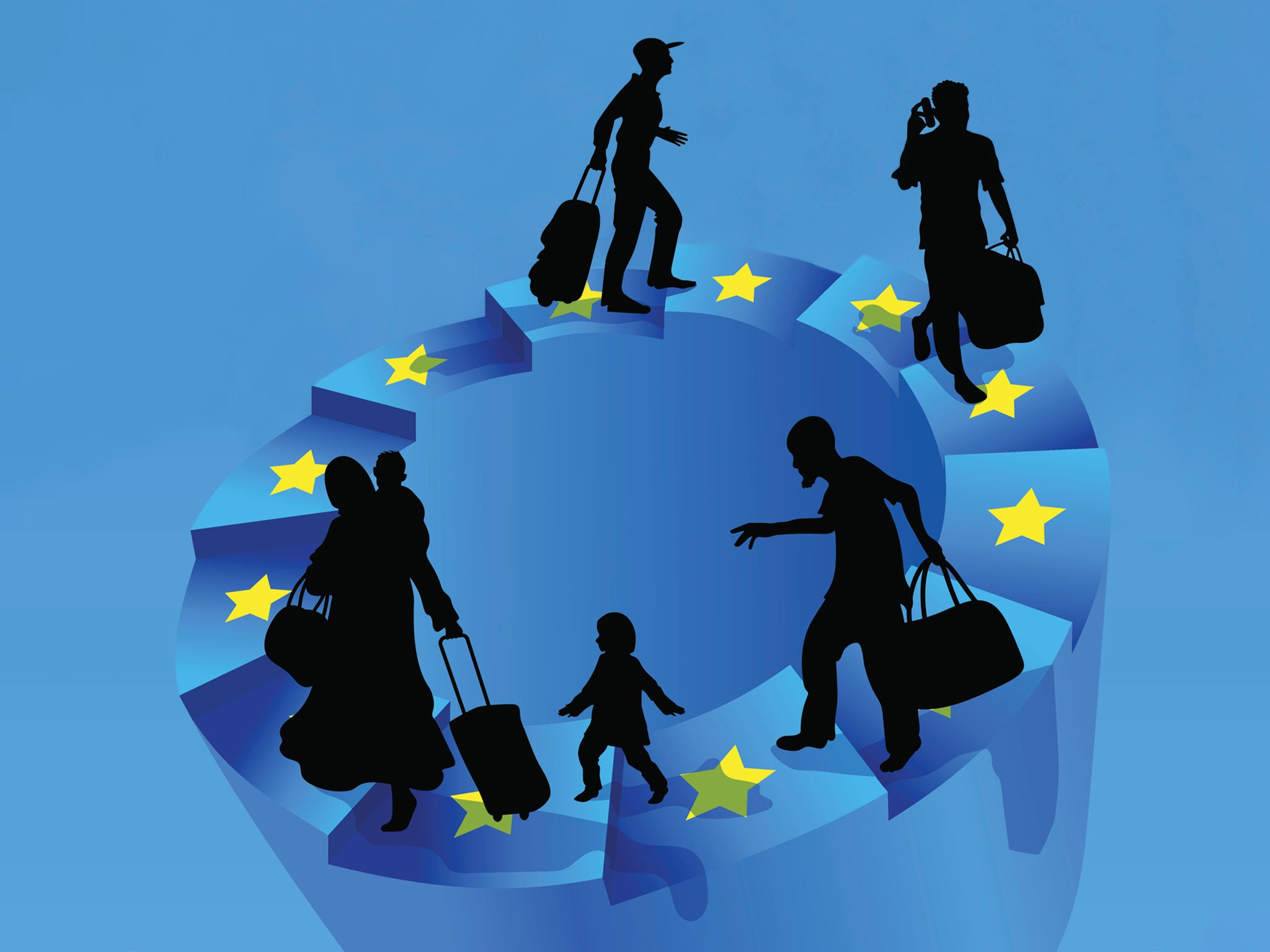Why more immigration could be the key to making Brexit work
In our series looking at life after Brexit, Sunder Katwala reminds us that immigration was at the heart of the choice to leave for many. Where do voters stand on it now?


Immigration was a central feature in the choice for Brexit. Without the loss of public confidence in how successive governments, both Labour and Conservative, had handled the scale and pace of migration from the EU after 2004, it is unlikely that there would have been a narrow 52-48 vote to leave.
Many different arguments were made to sell Brexit to the slim majority who voted for it. Many hoped to see immigration fall significantly; while Priti Patel argued there would be more non-EU visas to “save the curry houses”. The claim that Turkey was about to join the EU was pitched aggressively at those who feared rising migration.
The legacy of that decision has been a surprising one. Immigration to Britain has increased, rather than reduced. Attitudes towards immigration have become more positive, though the heated and polarised political and media debate lags behind.
Brexit led to significant changes in immigration policy, with the end of EU free movement and a new points-based system. Boris Johnson placed much less emphasis on cutting numbers, ditching Theresa May’s target to reduce net migration. So non-EU migration rose, due to government policy choices, to make it easier for international students to stay after graduating, to attract doctors and nurses to the NHS and to offer a new visa route to Hong Kongers.
Immigration has remained high because of those policy choices. It was exceptionally high this year, with net migration hitting half a million, partly due to the large inflow of Ukrainian refugees. Nobody could claim this was a case of a government foisting high immigration on an unwilling public. Rather, tens of thousands of individual Britons who wanted to host Ukrainians in their homes had to battle the bureaucracy to secure a visa.
The high numbers are a political headache for the government with its own voters. Six out of 10 Conservatives would like overall numbers to come down – but do not favour reduced migration for the NHS, for students or for care workers. They would also let more fruit pickers come here to work.
Two-thirds of Labour voters would not reduce overall levels of immigration. The Labour Party does not believe in an overall net migration target. Rather than entering an auction to reduce the numbers, it should focus on how to manage migration fairly, balancing domestic training and migration to fill skills gaps; ensuring fair funding for public services when population changes; and taking a positive approach to promoting citizenship and integration.
There is a much more heated immigration debate about asylum. Dangerous journeys across the Channel are nobody’s idea of a safe or well-managed asylum system. Yet the public and political debate is polarised between advocates of tough measures, hoping to deter anybody claiming asylum in Britain, and those who want to see a compassionate asylum system. Most of the public don’t want such a binary choice – believing that a competent government could deliver an asylum system that is orderly, fair and humane.
To keep up to speed with all the latest opinions and comment, sign up to our free weekly Voices Dispatches newsletter by clicking here
Doing so presents challenges to all sides of the political arguments. Yet those who see border control as the litmus test of post-Brexit sovereignty cannot deliver this in reality without negotiating with other sovereign states, such as France and Belgium. Governments that want migration via legal routes will struggle to make trafficking unviable if those routes do not exist.
Overall attitudes towards Brexit have shifted. Changes of mind have been less important than generational shifts in the electorate. Four-fifths of adults who were too young to vote in 2016 think Brexit was a mistake. Labour in opposition remains deeply cautious about the idea of softening Brexit. That reflects electoral geography, with liberal voters more clustered in urban and university seats than the red wall marginals.
Most Labour voters would like a softer Brexit, but the leadership has ruled out reopening the issue of the single market and free movement, keeping the new post-Brexit points system.
So Brexit has not produced the fall in immigration that some hoped for and others feared. This presents a dilemma for liberal pro-migration opponents of Brexit. Some may see a tactical advantage in highlighting Nigel Farage’s sense of “betrayal” that the numbers did not come down.
But there may be a more strategic case for welcoming the broadening of consensus on the positive contribution that migration can make to Britain – lowering one of the barriers to the UK rebuilding closer relationships with its European neighbours from outside the single market and, perhaps one day, within it again.
Sunder Katwala is the director of British Future

Join our commenting forum
Join thought-provoking conversations, follow other Independent readers and see their replies